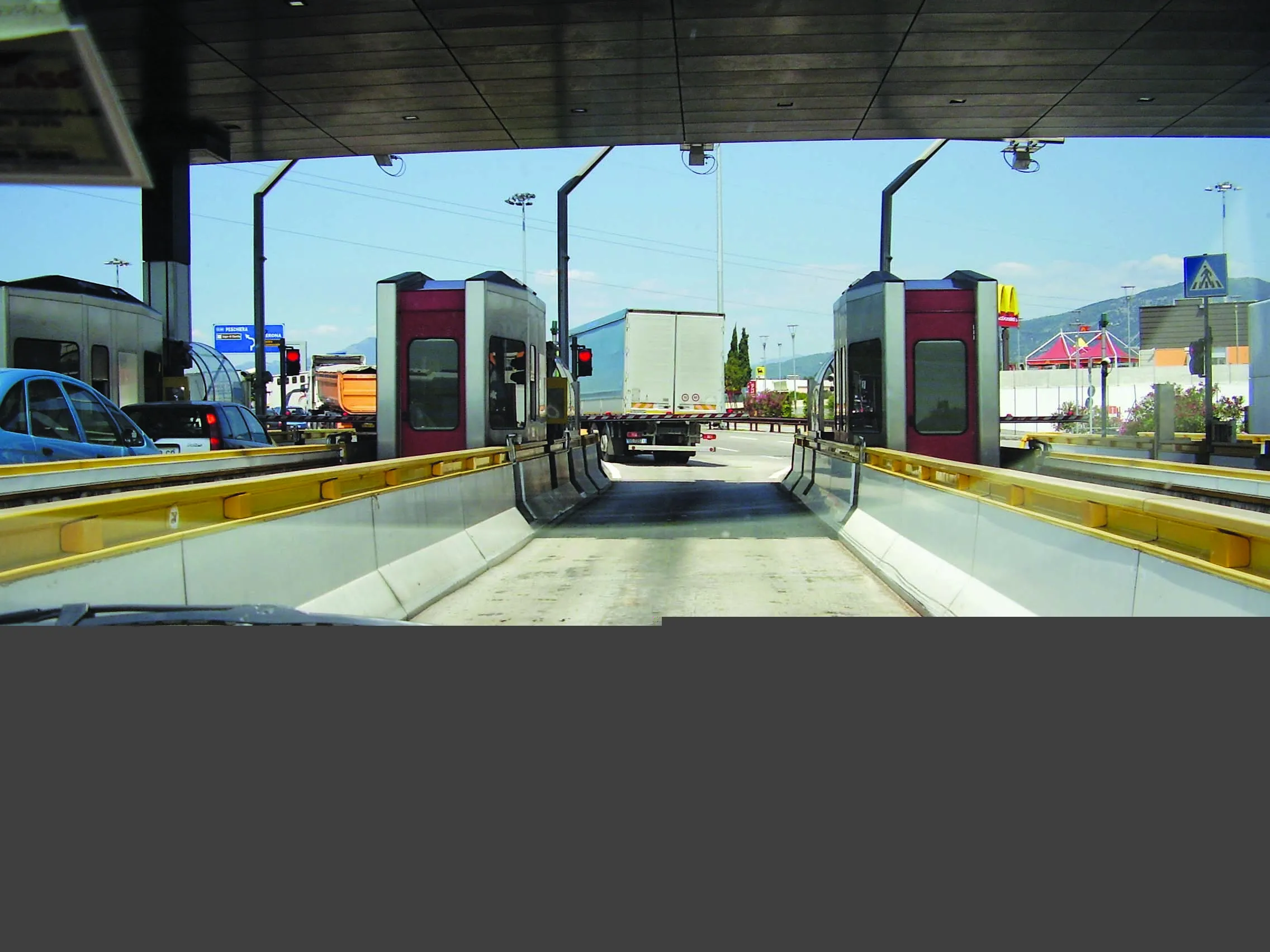In Austria police stopped a vehicle when they suspected its driver of being under the influence. The passenger ended up being charged with driving under the influence of alcohol when the driver jumped into the back seat. Police charged the passenger even though he said he had to grab the wheel to stop the car going over a cliff. The driver of the vehicle was however also charged with drink-driving.
February 28, 2012
Read time: 1 min

In Austria police stopped a vehicle when they suspected its driver of being under the influence. The passenger ended up being charged with driving under the influence of alcohol when the driver jumped into the back seat. Police charged the passenger even though he said he had to grab the wheel to stop the car going over a cliff. The driver of the vehicle was however also charged with drink-driving.








